Naval Ravikant Book Recommendations
An entrepreneur, investor, and philosopher, Naval Ravikant is known for his insightful and often contrarian views on wealth, happiness, and business. As the co-founder and former CEO of AngelList, he has played a significant role in the startup ecosystem. His wisdom, often shared through Twitter and podcasts, emphasizes building long-term value, pursuing intrinsic motivation, and cultivating mental clarity.
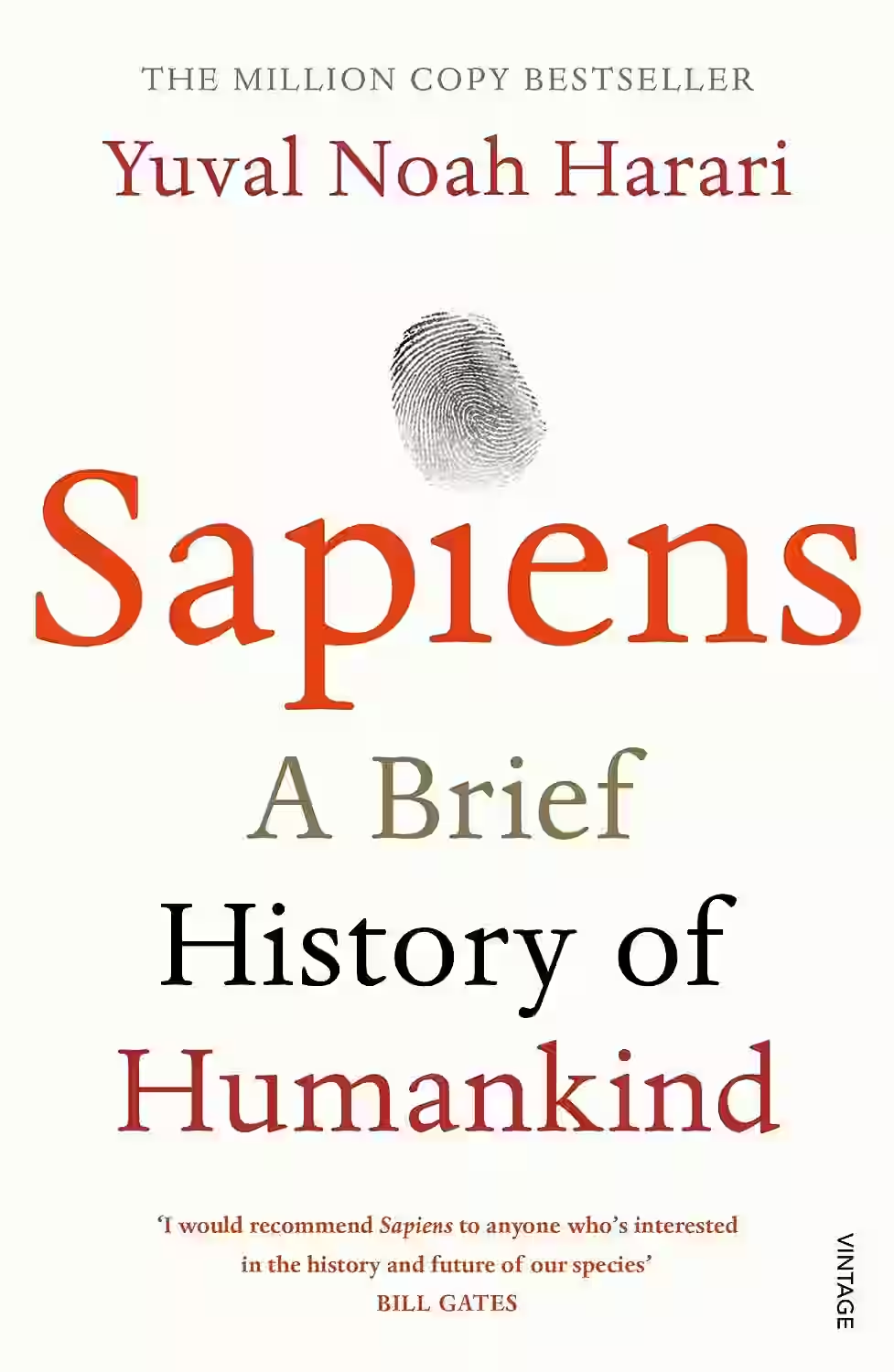
Yuval Noah Harari's Sapiens charts the epic history of humankind, from early Homo sapiens to today's complex world. It explores the Cognitive, Agricultural, and Scientific Revolutions that defined our development. Harari examines the role of shared beliefs in enabling mass cooperation and questions the essence of our humanity and future. This insightful work offers a broad perspective on our origins, progress, and the challenges we face.
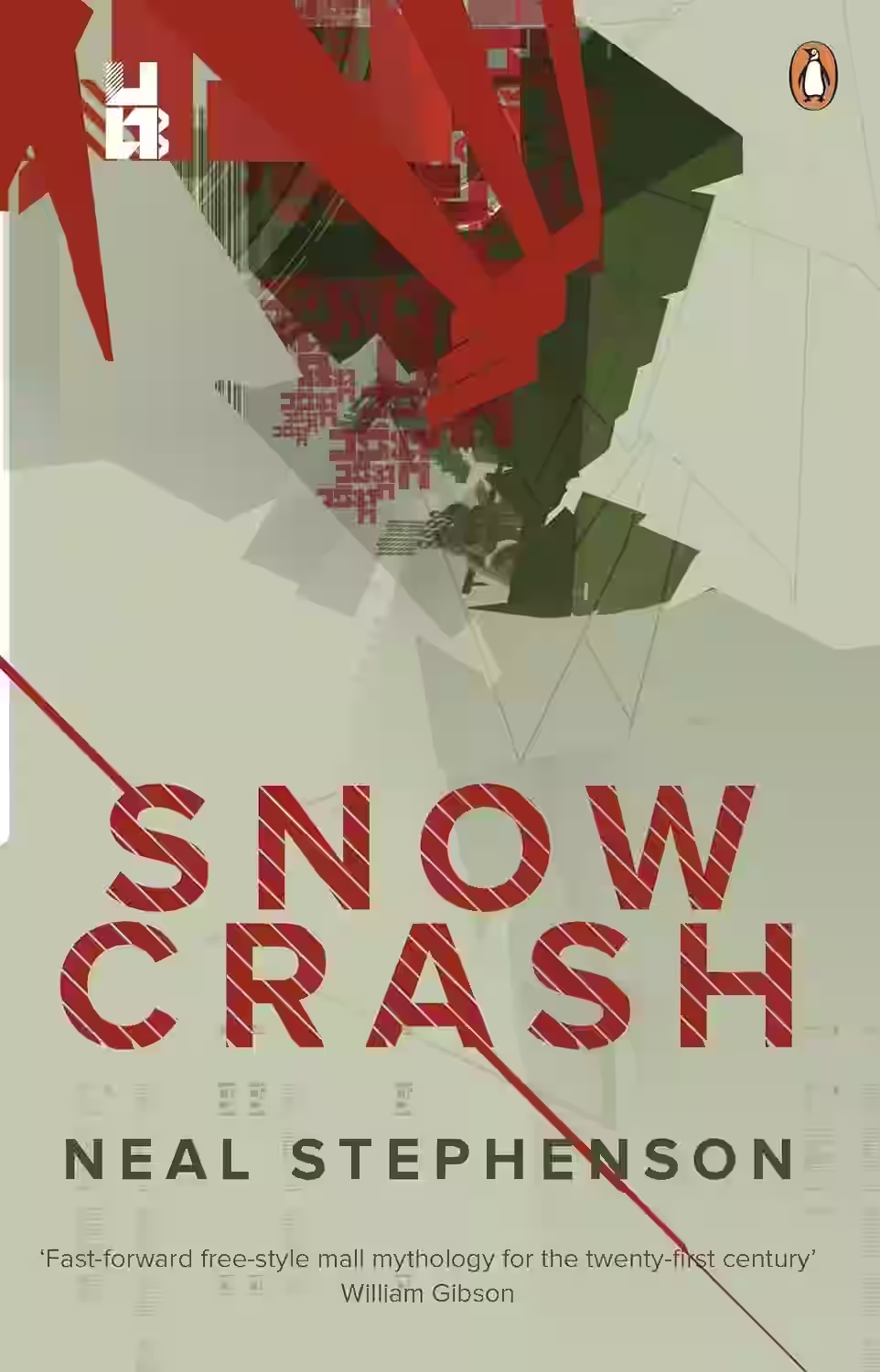
After the Internet, what came next? Enter the Metaverse - cyberspace home to avatars and software daemons, where anything and just about everything goes. Newly available on the Street - the Metaverse's main drag - is Snow Crash, a cyberdrug. Trouble is Snow Crash is also a computer virus - and something more. Because once taken it infects the person behind the avatar. Snow Crash bleeds into reality. Which is really bad news for Hiro - freelance hacker and the Metaverse's best swordfighter (he wrote the code) - and Y. T. - skateboard kourier, street imp and mouthy teenage girl - because reality was shitty enough before someone started messing with it. Exploring linguistics, religion, computer science, politics, philosophy, cryptography and the future of pizza delivery, Snow Crash is a riveting, brake-neck adventure into the fast-approaching future.
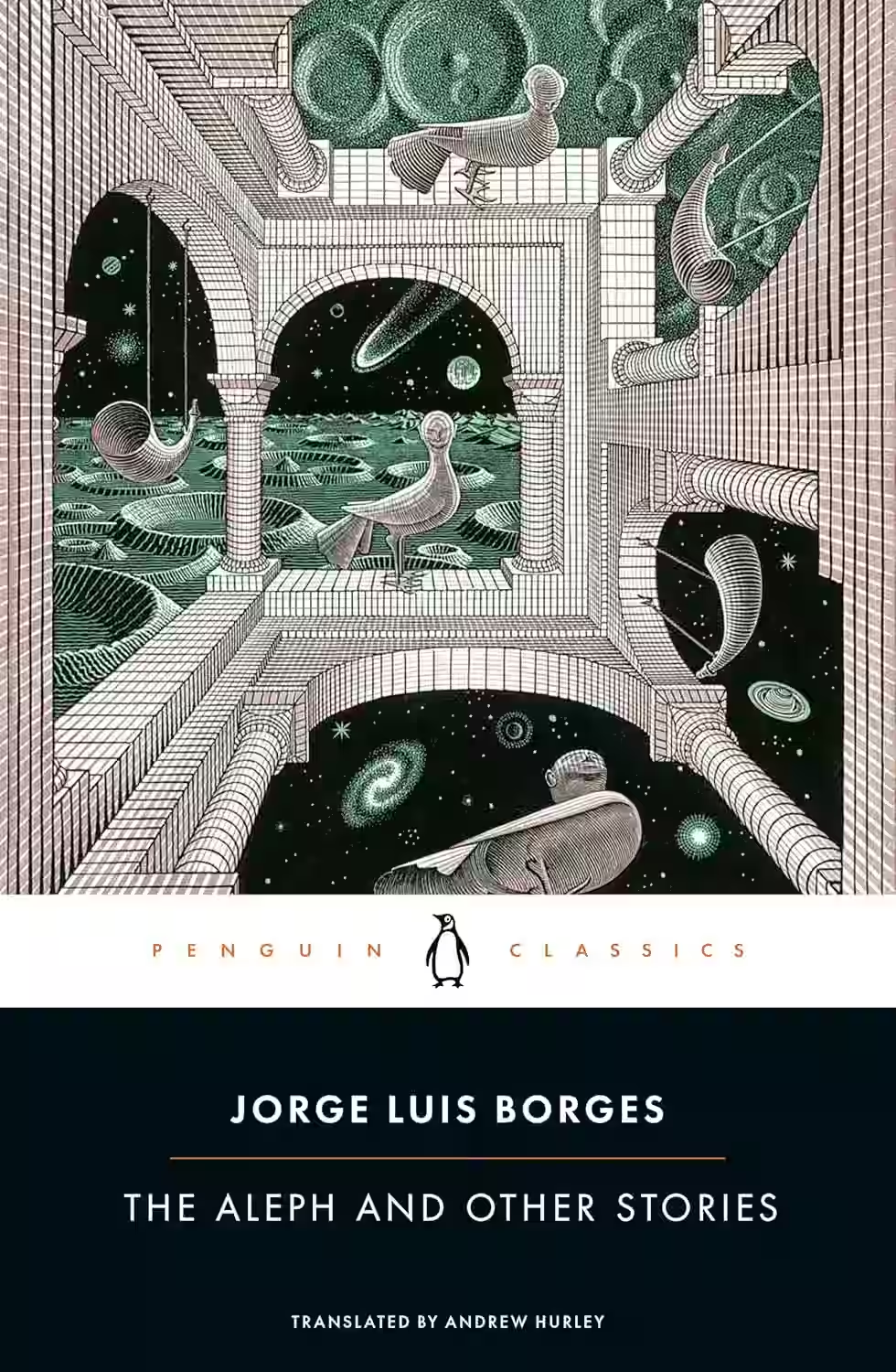
The Aleph is a collection of short stories by Argentine writer Jorge Luis Borges, blending metaphysics, literature, and fantasy. The title story centers on a man who discovers a point in space—the Aleph—that contains all other points, allowing him to see the entire universe simultaneously. The collection explores themes of infinity, memory, identity, and the nature of reality, often through imagined texts, paradoxes, and labyrinths. Rich in philosophical depth and literary allusion, The Aleph exemplifies Borges’ unique style: intellectually rigorous yet imaginatively expansive. These stories challenge perception and remain profoundly influential in both world literature and speculative fiction.
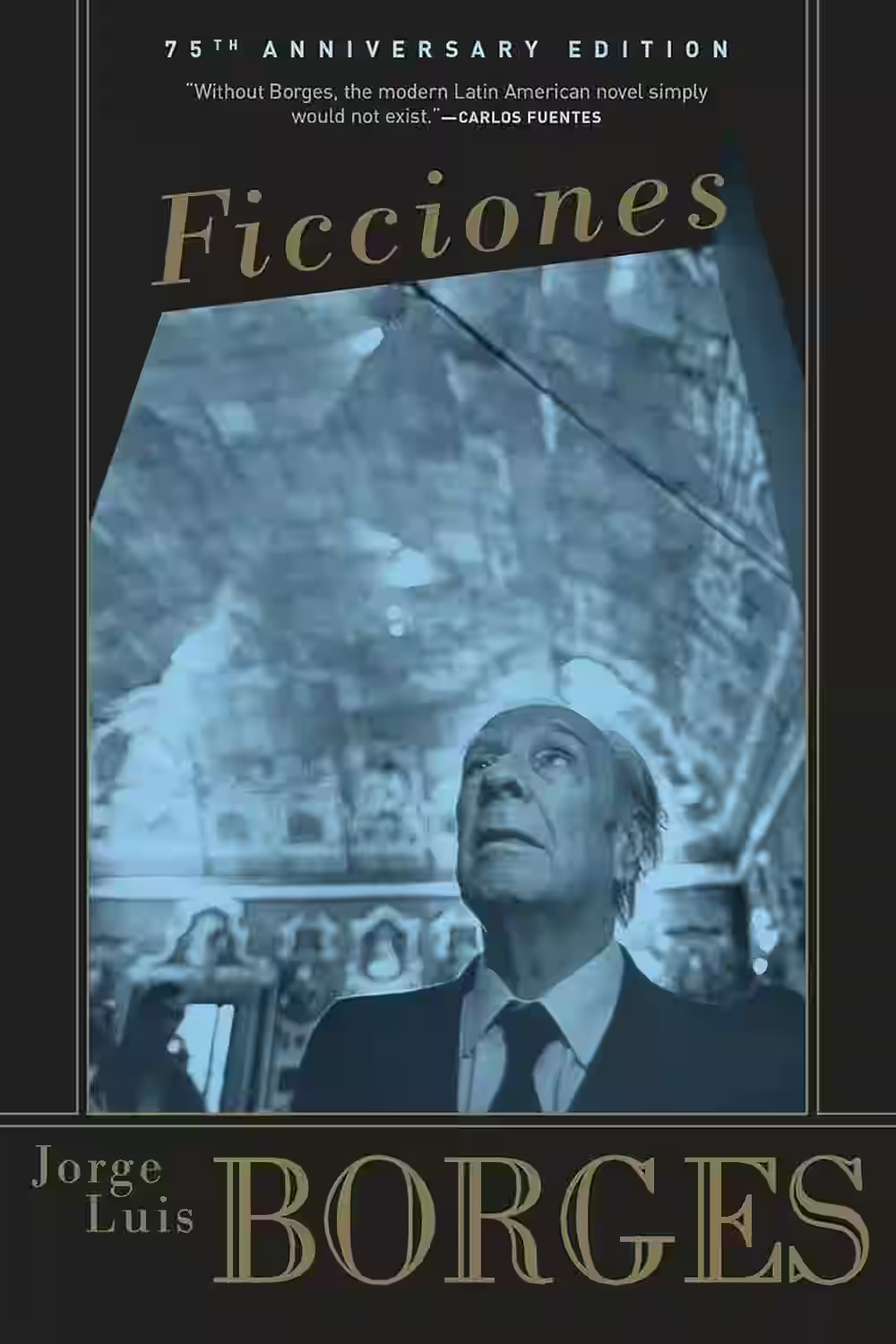
Ficciones is a celebrated collection of short stories by Argentine author Jorge Luis Borges, blending philosophy, literature, and speculative fiction. Each story is a mind-bending exploration of reality, time, identity, and infinity. Borges uses fictional texts, labyrinths, mirrors, and imagined worlds to question the nature of truth and knowledge. Highlights include “The Library of Babel,” where the universe is imagined as an infinite library, and “Tlön, Uqbar, Orbis Tertius,” about a fictional world overtaking reality. Rich in allusions and intellect, Ficciones is a masterwork that continues to influence writers, philosophers, and readers around the globe.
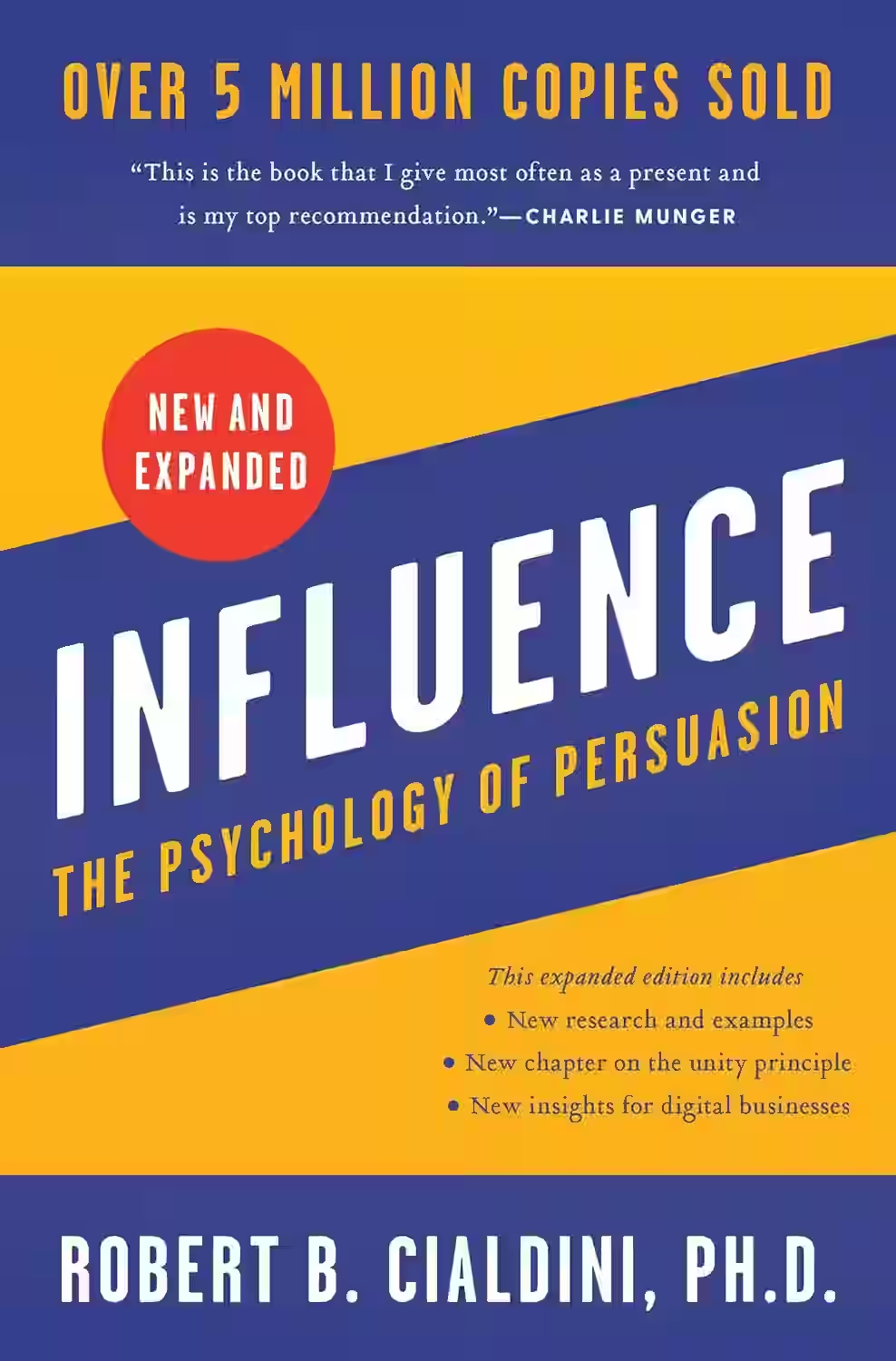
Robert Cialdini―New York Times bestselling author of Pre-Suasion and the seminal expert in the fields of influence and persuasion―explains the psychology of why people say yes and how to apply these insights ethically in business and everyday settings. Using memorable stories and relatable examples, Cialdini makes this crucially important subject surprisingly easy. With Cialdini as a guide, you don’t have to be a scientist to learn how to use this science.
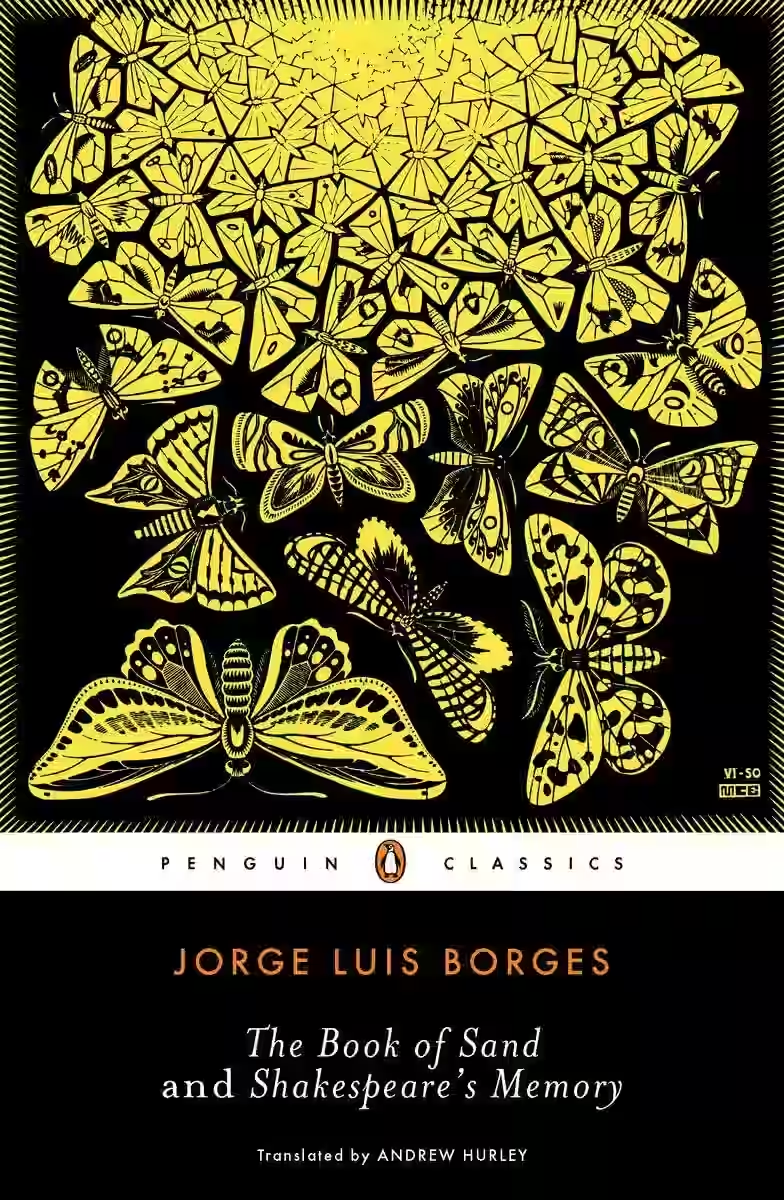
The Book of Sand by Jorge Luis Borges is a haunting short story exploring the infinite and unknowable. Narrated by a retired librarian, the tale follows his encounter with a mysterious book—a volume without beginning or end, its pages rearranging themselves endlessly. As the narrator becomes obsessed, the book’s paradoxical nature leads him into existential dread and a loss of control. Borges uses this fictional artifact to meditate on the nature of infinity, obsession, and the limits of human understanding. A masterful blend of metaphysical horror and philosophical reflection, the story is a chilling reminder of knowledge’s seductive and perilous power.
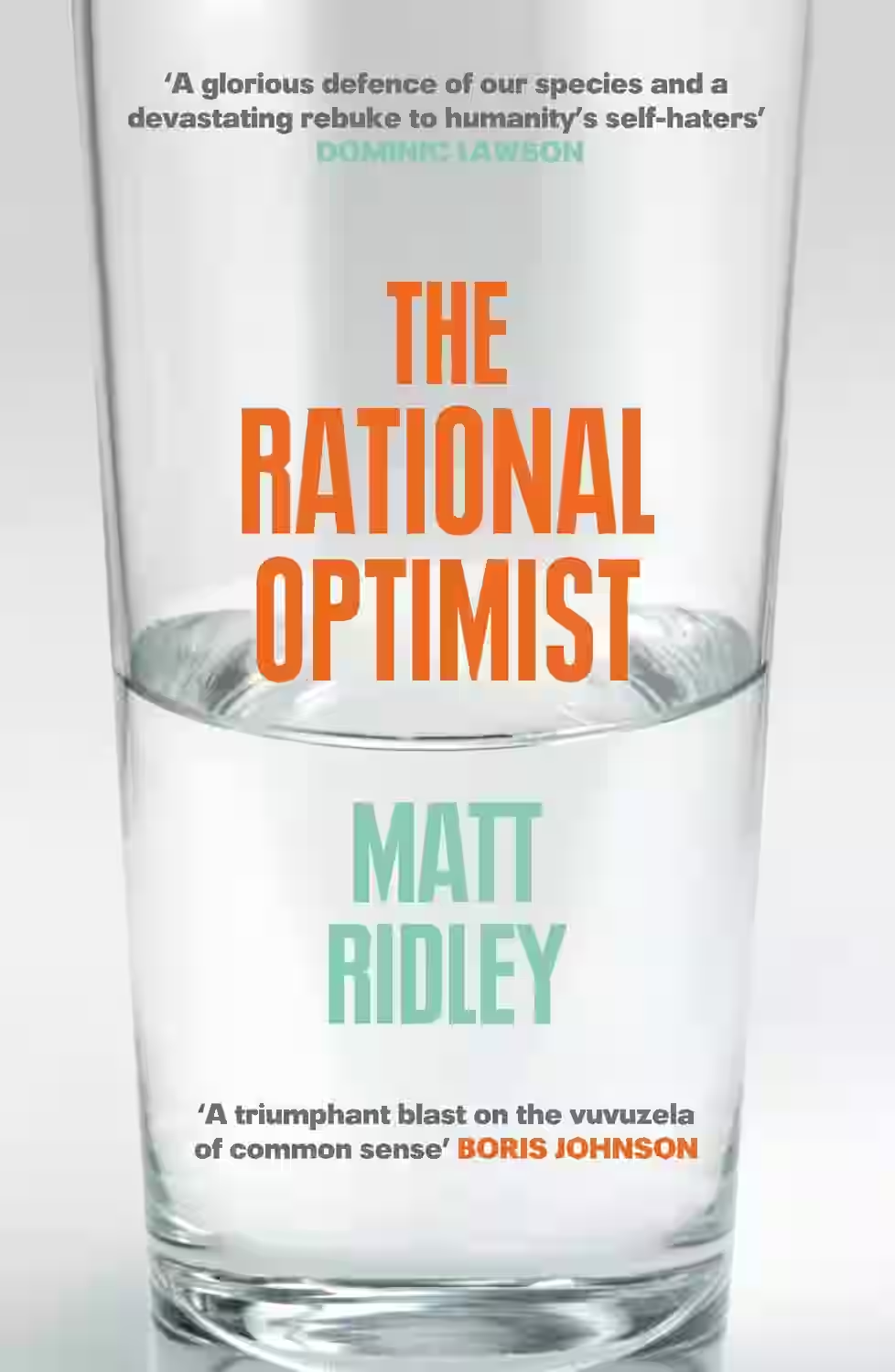
Ridley argues that human progress stems from exchange, innovation, and cooperation—not central planning or pessimism. Spanning economics, history, and biology, The Rational Optimist makes a compelling case for why life continues to improve despite global challenges. It’s an optimistic, data-rich celebration of markets, technology, and humanity’s problem-solving nature.
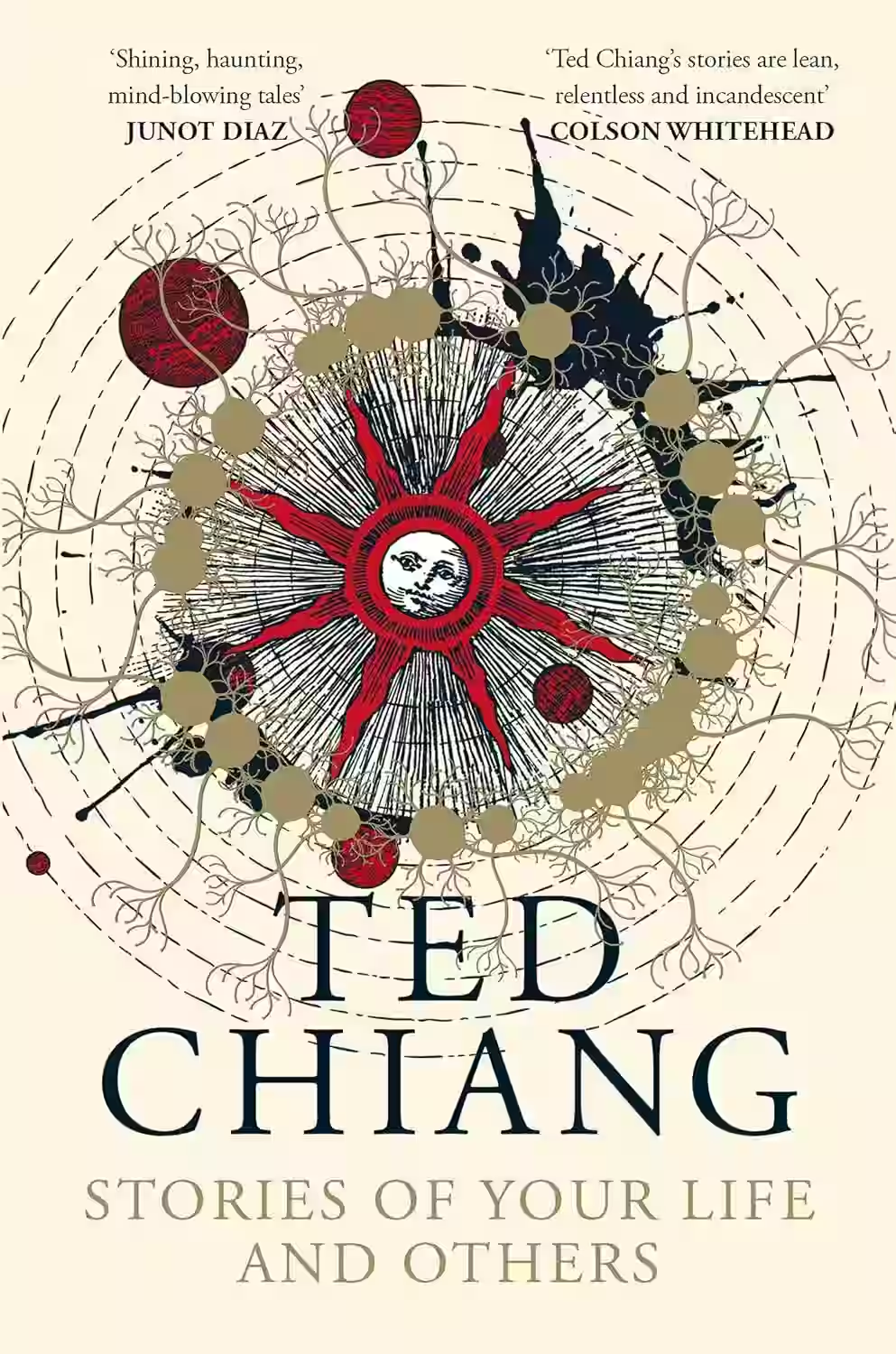
Ted Chiang's Stories of Your Life and Others is a collection of eight thought-provoking science fiction tales that delve into themes of language, time, and human experience. The titular story, "Story of Your Life," explores a linguist's interaction with alien visitors and the nonlinear perception of time, inspiring the film Arrival. Each narrative challenges readers to contemplate philosophical and ethical dilemmas, blending scientific concepts with emotional depth. Chiang's meticulous storytelling invites reflection on the complexities of existence and the boundaries of human understanding.
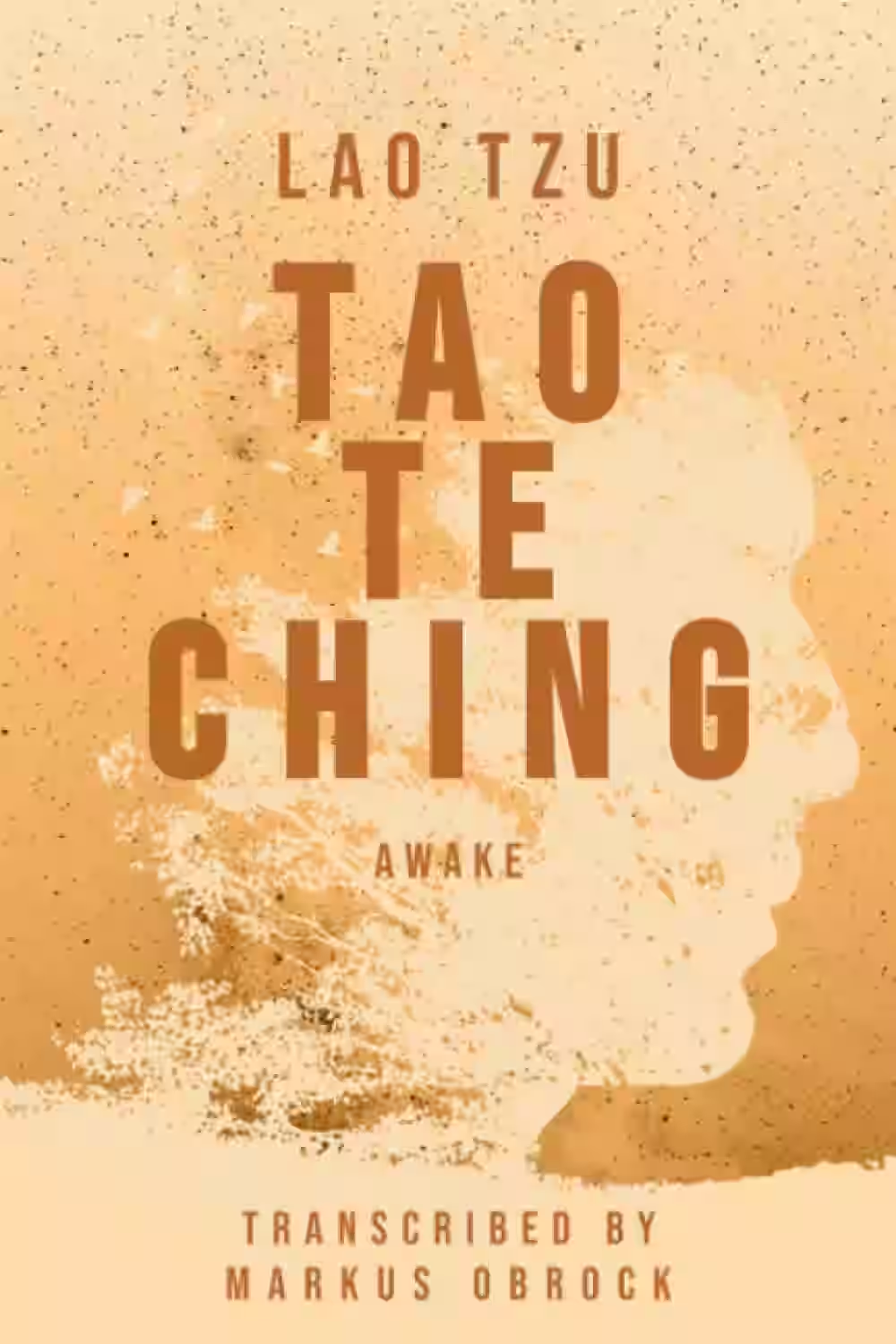
The Tao Te Ching by Lao Tzu is a foundational text of Taoist philosophy, offering timeless wisdom on harmony, balance, and the art of living. Written over 2,500 years ago, its 81 poetic verses explore themes such as non-action (wu wei), simplicity, humility, and the natural flow of life (the Tao). Rather than prescribing rigid rules, it encourages readers to align with the rhythms of the universe and embrace stillness and inner peace. Its paradoxes and poetic style invite reflection, making it a profound guide for spiritual seekers, leaders, and anyone searching for clarity in a complex world.
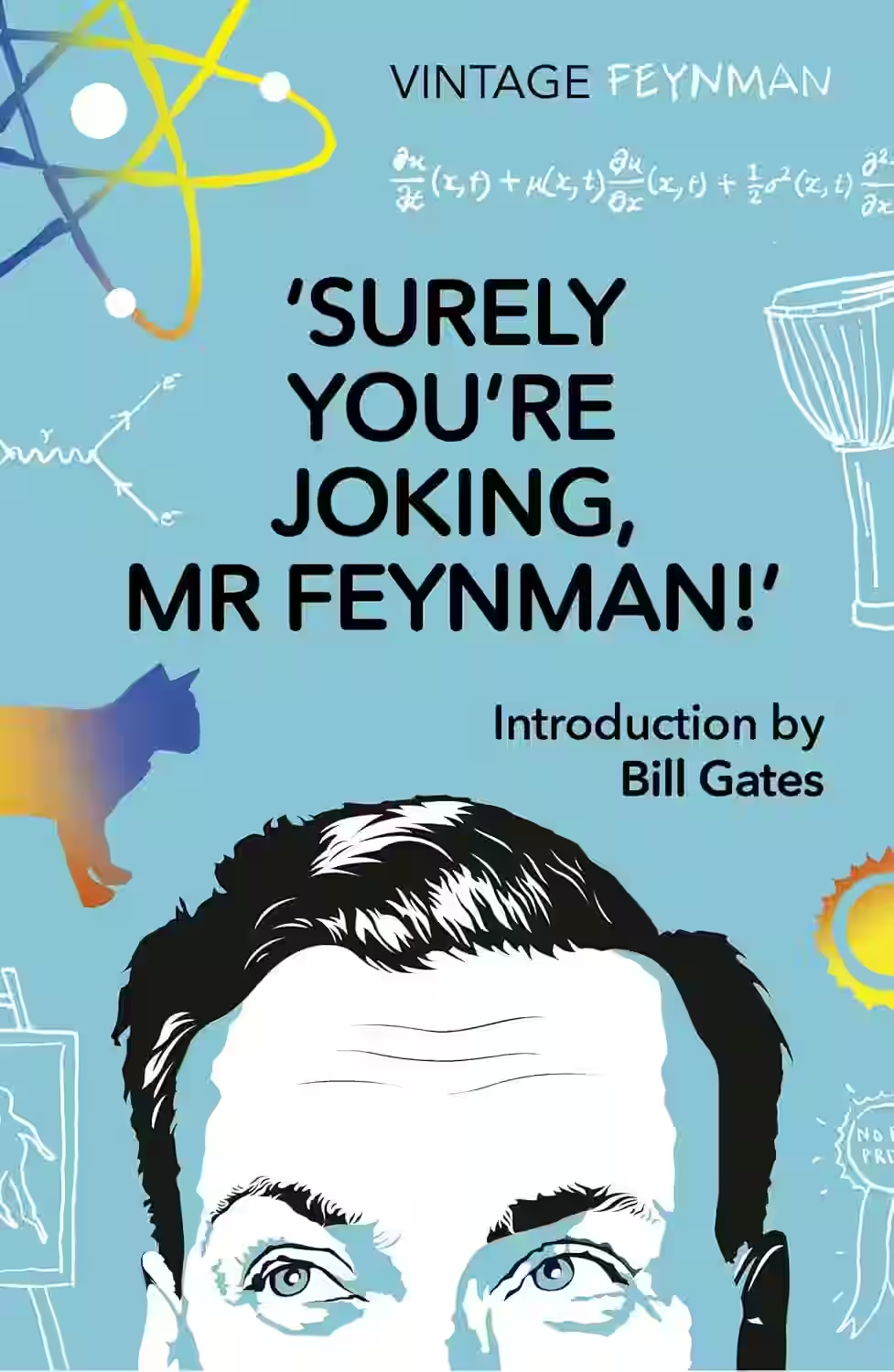
This warm and insightful portrait captures the wisdom, humor, and boundless curiosity of Nobel Prize-winning physicist Richard Feynman through intimate conversations with his friend Ralph Leighton. Beyond his groundbreaking theoretical work, Feynman was a man of adventure – an artist, safecracker, practical joker, and captivating storyteller. His life, fueled by high intelligence, unyielding curiosity, and healthy skepticism, was a series of remarkable experiences. These recorded conversations, transcribed with minimal alteration, offer a wise, funny, passionate, and utterly honest self-portrait of one of the 20th century's most brilliant and engaging minds.
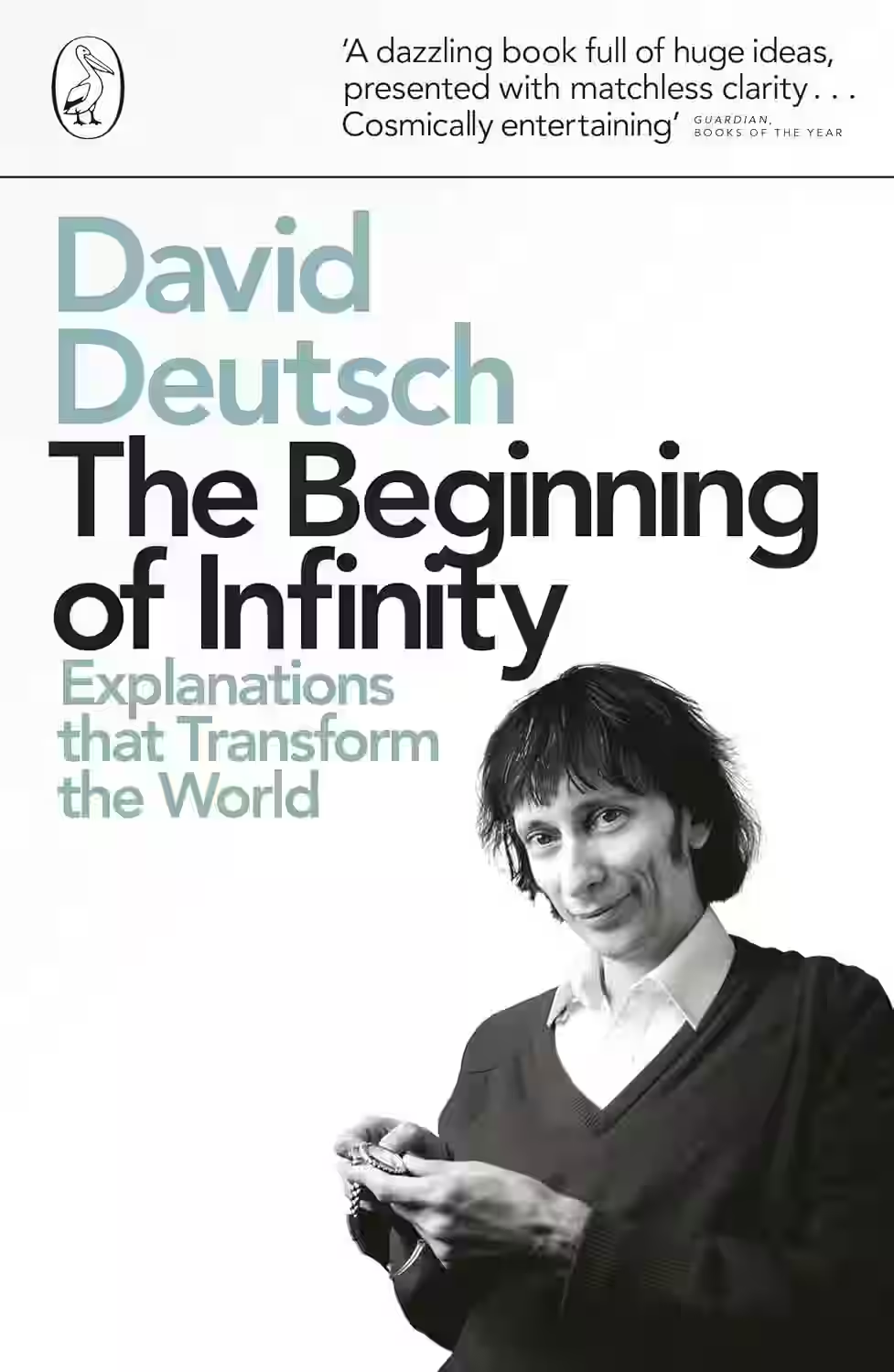
David Deutsch's The Beginning of Infinity explores the boundless potential of human knowledge and progress. He argues that through better explanations and critical thinking, humanity can solve problems previously deemed unsolvable. The book delves into topics like quantum physics, philosophy, and the nature of scientific discovery, emphasizing that there are no inherent limits to what we can understand. Deutsch posits that with the right knowledge, we can achieve infinite progress, making this work a profound examination of human potential and the transformative power of ideas.
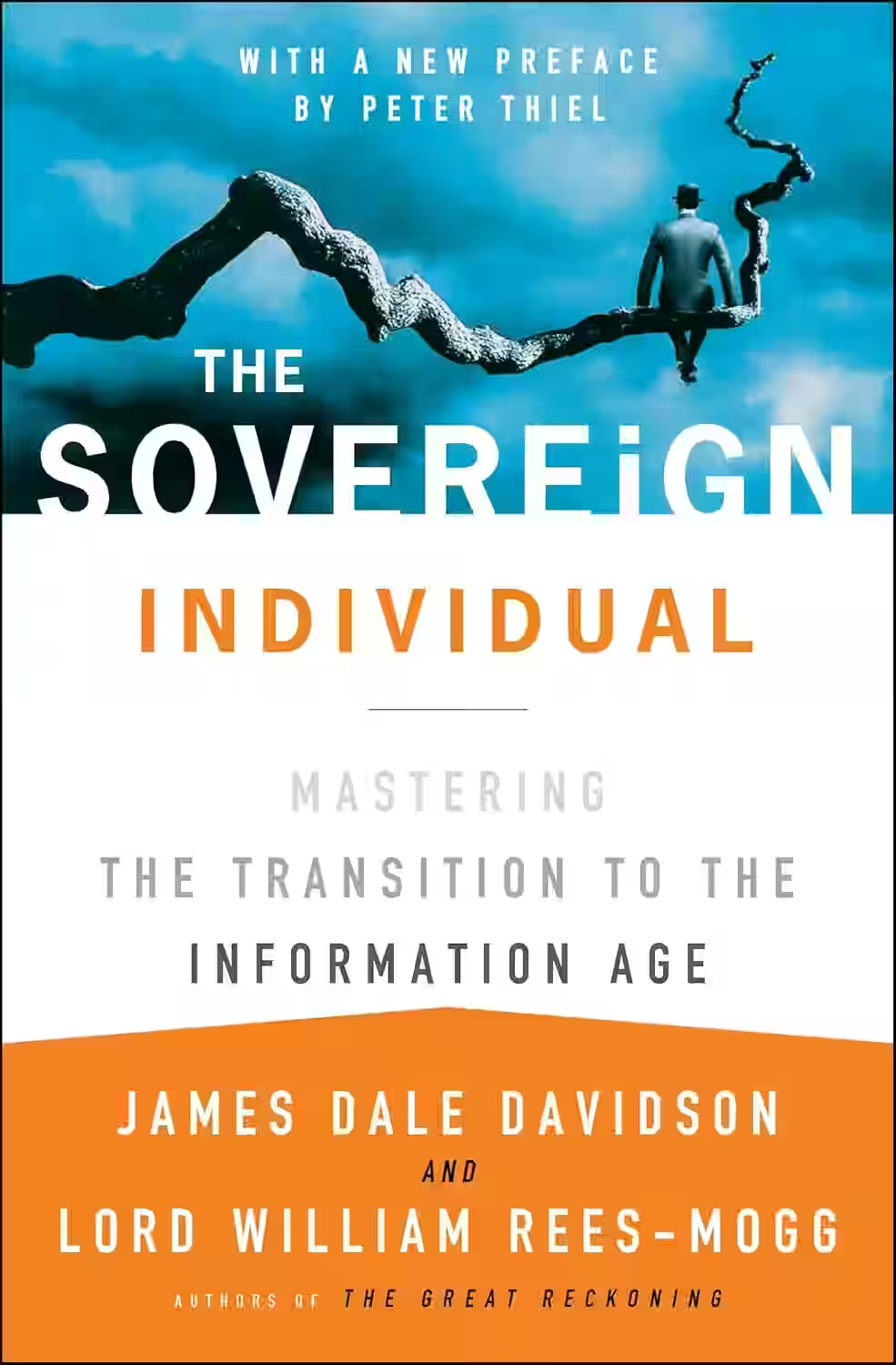
Published in 1997, The Sovereign Individual predicts the rise of the digital age and its impact on individual autonomy and state power. The authors argue that technological advancements, particularly the internet, will diminish the influence of governments and empower individuals to take control of their own lives. They foresee a future where traditional institutions are challenged, and personal sovereignty becomes paramount. This provocative work offers a foresightful analysis of the intersection between technology, economics, and personal freedom.